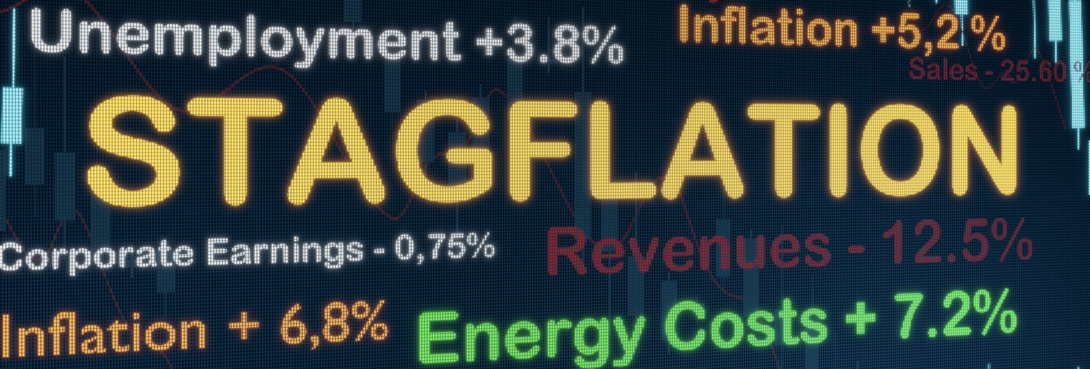ICV topic of the year 2023/2024: Cost and price increases, inflation and stagflation
What the ICV does for you
In economically challenging times, the helmsman and helmswoman in the company is more in demand than ever. In view of cost and price increases, inflation and stagflation, controllers face new, complex tasks and challenges. The ICV therefore provides information, tips, hints, success stories and lessons learned on this topic here.

The background
As late as December 2022, Ifo President Clemens Fuest was optimistic in his annual outlook for 2023 that no serious economic downturn was to be expected despite the energy crisis. Bundesbank President Joachim Nagel agreed with this assessment, predicting a gradual recovery for the second half of 2023 after a contraction in economic output at the beginning of the year*. The economists at the IfW Kiel Institute for Economic Performance even believe that Germany will grow slightly in 2023**. Nevertheless, there is no reason to sound the all-clear, because even if the risk of recession has been averted according to the experts, another threat is taking its place: the combination of a stagnating economy and rising prices could lead to stagflation.
What is stagflation? Instead of the classic course of upswing (prices rise) - boom (prices rise) - downturn (low inflation) - crisis (low inflation), stagflation brings economic stagnation with simultaneous inflation. Triggers are shocks such as the corona pandemic or the increase in energy prices after the Russian war of aggression in Ukraine. A comparable historical event was the oil crisis of the 1970s. As a result, growth collapsed and stagnated at a low level, while inflation rose rapidly and remained high, as did unemployment, social spending and national debt.
The problem with stagflation is that there is no adequate antidote. Measures would have to strengthen growth and curb inflation at the same time - an offer that politicians and central banks do not have up their sleeves. If, as is currently the case, there is a lack of material, skilled workers and affordable energy, state-initiated demand programs come to nothing. If the state supports demand, this drives up inflation. If the central bank raises interest rates, this dampens demand and thus prices, while also weakening growth. An economic dilemma that also poses enormous challenges for controlling.
*Source: https://www.bundesbank.de/de/aufgaben/themen/bundesbank-projektionen-trotz-energiekrise-kein-schwerer-wirtschaftseinbruch-901984
**Source: https://www.ifw-kiel.de/de/publikationen/kieler-konjunkturberichte/2022/deutsche-wirtschaft-im-winter-2022-im-kriechgang-durch-die-energiekrise-17876/
Relevant lectures at the ICV Congress of Controllers on April 29/30, 2024
Come to the highlight of all controlling events, the largest meeting of the controlling community in Europe: The ICV looks forward to your visit to Munich on April 29/30, 2024. Here you can see an excerpt from the program. You can see the entire offer on the Congress page here.
2.30 p.m. Never let a good crisis go to waste!
Language: German
- Weak economy meets structural deficits and twin transformation
- Industrial policy: horizontal and vertical
- Social readiness for change and the role of politics
Dr. Giulia Mennillo
Lecturer in economic and social policy as well as sustainability
Politische Akademie Tutzing
Tutzing

9.00 a.m. Is inflation here to stay?
Language: German
- Outlook for the global economy
- Short-term and medium-term inflation prospects
- Implications of this for the ECB's interest rate policy
- The role of national debt in the economy
- Outlook stock markets
Edgar Walk
Chief Economist
Metzler Asset Management
Frankfurt

